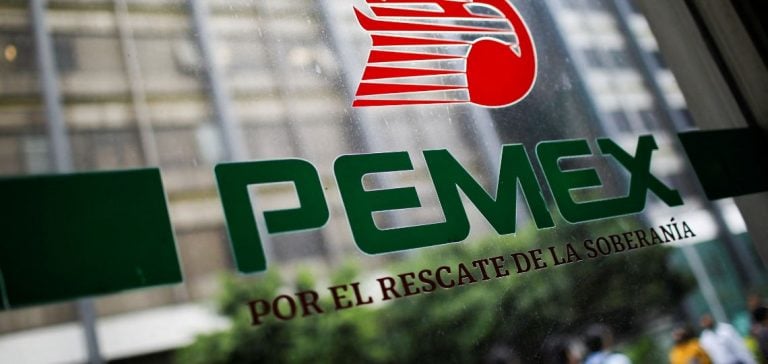Pemex, Mexico’s national oil company, announced a significant reduction in spending on its exploration and production activities, aiming to save approximately 26.8 billion pesos (USD 1.35 billion). This austerity plan particularly affects the fourth quarter of 2024, during which the company decided to delay several strategic projects until 2025, including the acquisition of seismic equipment and the drilling of certain wells.
This decision comes in the context of intense financial pressure for Pemex. With accumulated debt exceeding USD 100 billion, the company is struggling to balance its accounts while maintaining its current production levels, set at approximately 1.5 million barrels per day (bpd) of crude oil. This figure rises to 1.8 million bpd when condensate, a natural gas liquid often assimilated to crude oil, is included.
Sectoral and economic challenges
Pemex, although a cornerstone of the Mexican economy, is highly dependent on state financial support. In 2023, the Mexican government had to inject USD 42 billion into the company to help it manage its debt while reducing its profit tax to free up funds. Despite this, Pemex continues to have limited access to financing in international markets due to its poor credit rating and rising production costs.
One of the main challenges faced by the company is maintaining its production while controlling expenses. Pemex’s production cost has increased by 60% over the past two years, reaching approximately USD 18 per barrel, well above levels observed in other oil-producing regions, such as the Arab countries. This increase is due to aging infrastructure and operational inefficiencies, particularly in its refineries.
Consequences for the future
The slowdown in investment could undermine Pemex’s long-term ambitions. By delaying exploration projects, the company risks not discovering new deposits quickly enough to compensate for the natural decline of its existing wells. Moreover, the acquisition of critical equipment for exploration could slow Pemex’s ability to identify new resources.
Finally, the company must contend with rising environmental costs, particularly due to natural gas flaring. This practice, which involves burning excess gas during oil production, has doubled since 2018, despite commitments to reduce emissions. In 2022, Pemex flared an average of 548 million cubic feet of gas per day, exacerbating its financial situation as it misses opportunities to monetize this resource while increasing its environmental burden.
Pemex, in its cost-cutting strategy, operates within a broader context of a Mexican energy sector facing multiple challenges. Mexico still relies heavily on its oil resources to support its public finances, with nearly 17% of tax revenues coming directly from Pemex’s oil activities. However, the continued decline in proven oil reserves, which have fallen by more than 40% over the past decade, poses a long-term threat to the sustainability of this economic dependence.






















